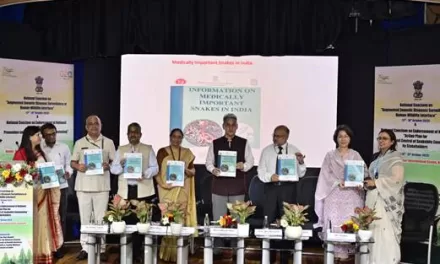
January 16, 2024 — A recent report from GlobalData, a prominent data and analytics company, has shed light on the enduring unmet needs in the female contraceptives market, resembling challenges faced a decade ago. The market, unfortunately, continues to grapple with a lack of therapeutics that offer improved safety, raising concerns about patient adherence and unintended pregnancies.
Current contraceptives available in the market carry risks such as irregular bleeding patterns, weight gain, mood changes, depression, migraines or headaches, nausea, and acne. Side effects remain a significant factor contributing to patients discontinuing contraceptive use, resulting in unintended pregnancies.
GlobalData’s report reveals that the hesitancy among some women to use hormonal contraceptives is rooted in concerns about associated side effects. The unmet need for non-hormonal contraception becomes crucial for those who wish to avoid hormonal methods due to side effects, personal preferences, or religious beliefs.
Shireen Mohammad, Cardiovascular and Metabolic Disorders Analyst at GlobalData, expressed concerns about the challenges related to access to contraceptive methods. “While contraceptives may be approved and launched, they may or may not be covered by insurance companies. If they are not covered, many patients are not able to afford them,” Mohammad stated. Additionally, awareness about different contraceptive methods is limited, both among patients and healthcare providers, hindering informed decision-making.
Compliance and adherence issues present another major challenge in the contraceptives market. Patients may forget to take their oral hormonal contraceptives daily or discontinue them due to side effects. Compliance difficulties are particularly prevalent among oral contraceptive users, partly because unintended pregnancies are relatively infrequent consequences, and common manifestations like spotting and bleeding may not be immediately attributed to poor compliance.
Addressing these challenges, educational interventions are suggested to enhance awareness of available contraceptive methods, empowering individuals to make informed decisions and use contraception more effectively. While long-lasting methods like hormonal intrauterine devices exist, lasting for three to five years, they often come with side effects similar to daily oral contraceptives.
“To address this unmet need, the development of user-friendly methods with fewer side effects that require less frequent administration is needed. Improving compliance and adherence is crucial for ensuring the effectiveness of contraceptive methods and preventing unintended pregnancies, requiring a combination of healthcare provider support, education, and innovation in contraceptive options,” emphasized Shireen Mohammad.
The report underscores the pressing need for innovation and comprehensive solutions to bridge existing gaps in the female contraceptives market, ensuring safer and more accessible options for women worldwide.










